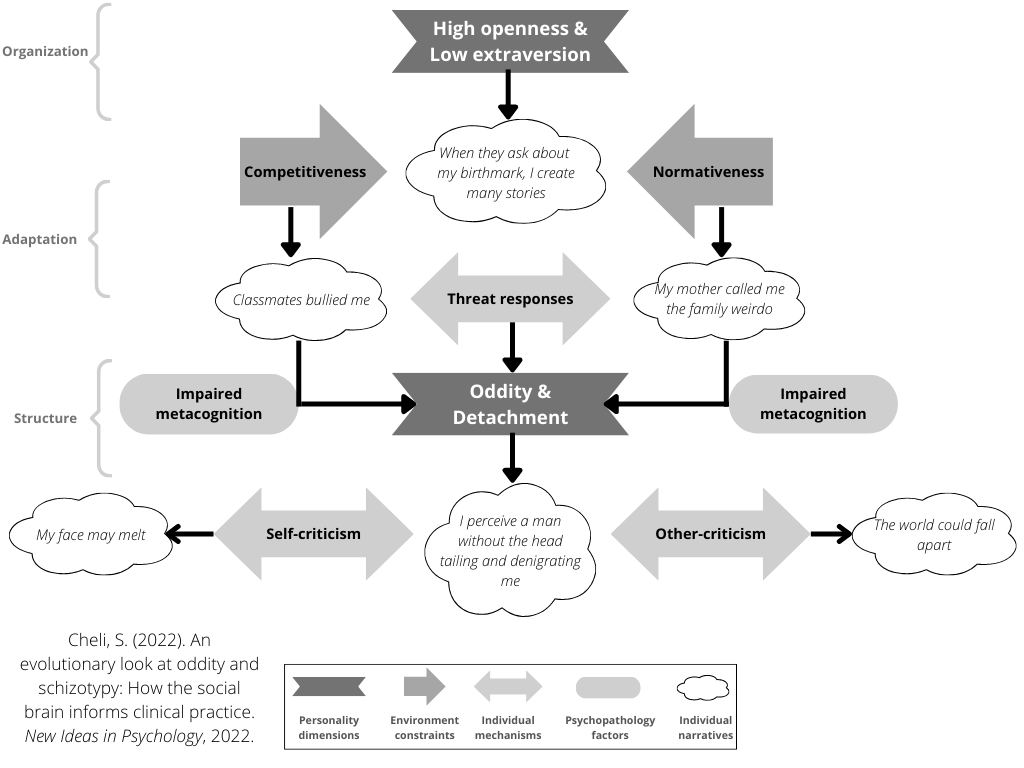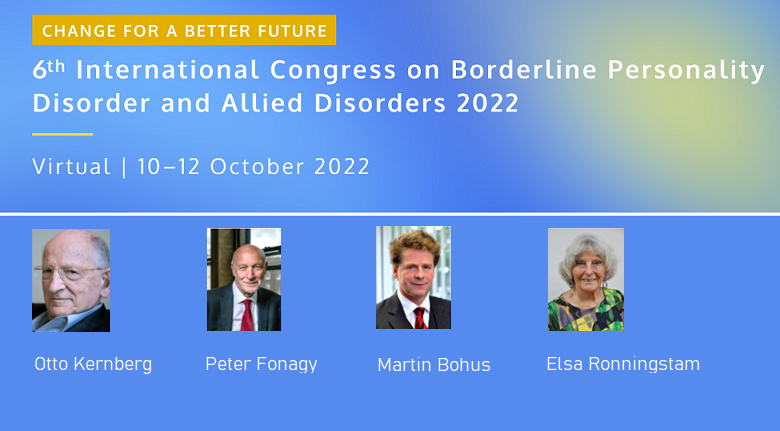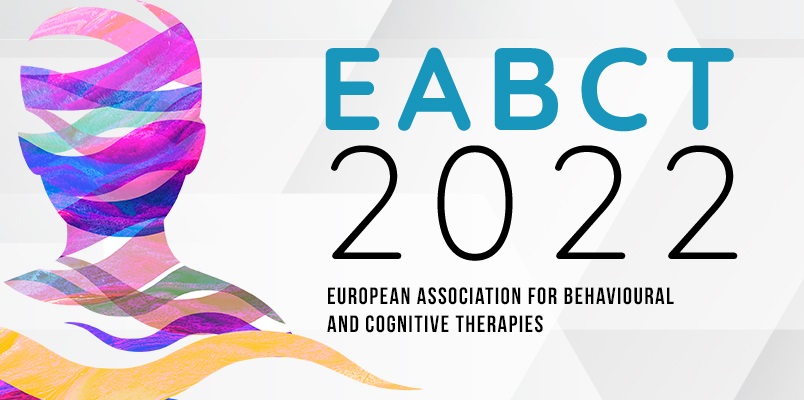My paper on an evolutionary model of schizotypy is finally out! New Ideas in Psychology has published it. As I anticipated in a previous post here, this study aims to summarize existing kowledge about proximate and evolutionary factors involved in schizotypy and oddity, and propose an integrative model.
Such a model suggests how schizotypy may be better understood by looking at the role of social brain in the evolution of our species and the neurodevelopment of those with prominents openness to experience and introversion.
The paper is also the foundation of the the shared conceptualization of newly developed treatment for schizotypal personality disoder, namely Evolutionary Systems Therapy for Schizotypy (ESTS). In the next few months the paper – figers crossed! – about a preliminary randomized controlled trial should be pulished.
Cheli, S. (2023). An evolutionary look at oddity and schizotypy: How the rise of social brain informs clinical practice, New Ideas in Psychology, 68, 10099, https://doi.org/10.1016/j.newideapsych.2022.100993








